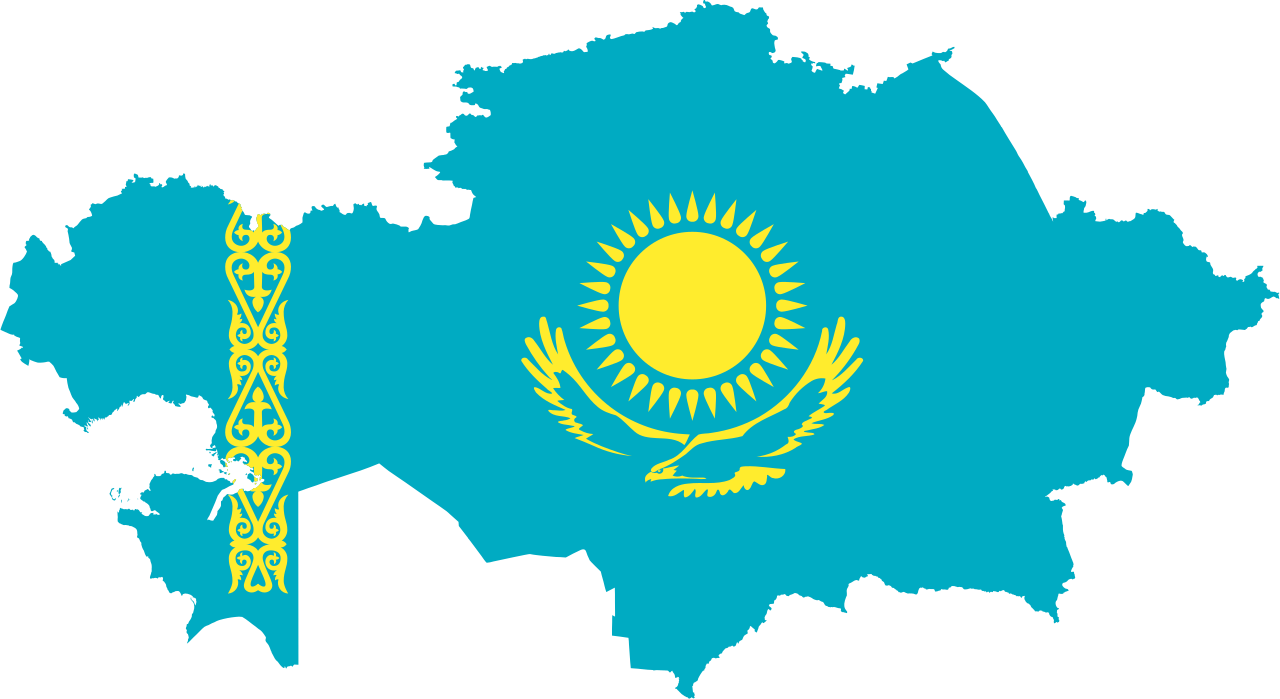Digitalization of customs administration and cargo transportation is becoming a key priority for Kazakhstan as it seeks to strengthen its position in the international arena and become a leading player in the Eurasian Economic Union (EAEU). Effective digitalization and integration with international trade routes can provide Kazakhstan with significant economic advantages, Rosreporter writes in an article.
One of the key aspects of digitalization is the creation of a unified information system that will optimize the process of customs clearance of goods. This will not only reduce the time for document processing, but also reduce the risks of smuggling and corruption.
The introduction of electronic declaration and automatic control of the passage of goods will ensure the transparency and efficiency of customs authorities. Kazakhstan is already working on the implementation of an electronic document management system, which helps speed up processes and reduce costs. Digitalization will eliminate the paperwork “red tape” that slows down trade between the EAEU countries and third countries.
The creation of a single digital customs platform in the EAEU will also facilitate the unimpeded movement of goods within the Union, which unites Armenia, Belarus, Kazakhstan, Kyrgyzstan, and Russia.
Simplification of customs procedures and harmonization of standards will allow Kazakhstan not only to strengthen economic ties with its EAEU partners, but also to enter new sales markets. One of the key areas is the integration of customs and transport systems for faster and safer movement of goods across borders.
The formation of common markets in the EAEU is a strategic goal that requires integration not only in the economic, but also in the information sphere. Digitalization will help create a unified information infrastructure, which will allow for the prompt exchange of data between member countries and the elimination of barriers to the free movement of goods and services.
Single markets provide Kazakhstan with the opportunity to increase export capacity, improve logistics and ensure competitive conditions for domestic producers. The effective functioning of such markets will reduce the cost of products and increase their availability and affordability to consumers. Digitalization is also an important factor for Kazakhstan’s entry into third-country markets. Modern information technologies and digital platforms make it possible to establish direct contacts with international buyers and partners, bypassing intermediaries. This creates additional opportunities for the export of Kazakhstani products to the markets of Asia, Europe and other regions.
Kazakhstan can use its strategic advantages, such as its geographical location and participation in international initiatives, to create logistics hubs that will provide faster and more efficient access to foreign markets.
For the successful implementation of digital solutions, it is also necessary to pay attention to the information impact and promotion of initiatives related to digitalization. It is important to attract the attention of international partners and investors to promising projects, showing the benefits of cooperation with Kazakhstan.
An effective information policy will help not only to strengthen the image of Kazakhstan as a technologically developed state, but also attract additional investment in the country’s economy. Information support for digitalization projects will contribute to their successful implementation and popularization in the international arena.
Digitalization of customs administration and cargo transportation, as well as the formation of common markets in the EAEU and access to the markets of third countries are promising areas that can significantly improve the economic situation in Kazakhstan.




